All News
ACR20 - Day 2 Report
Saturday was the day 2 with many posters and live sessions at the 2020 Virtual ACR/ARP meeting. Here are a few of my highlights from day two:
Read ArticleOutcomes Switching to Monotherapy: SEAM-RA Trial
Combination therapy with biologic and conventional DMARDs can be highly effective at inducing remission in patients with RA. Once controlled, patients are often interested in stopping combination drug therapy due to concerns related to medication burdens, side effect profiles, or safety.
Read Article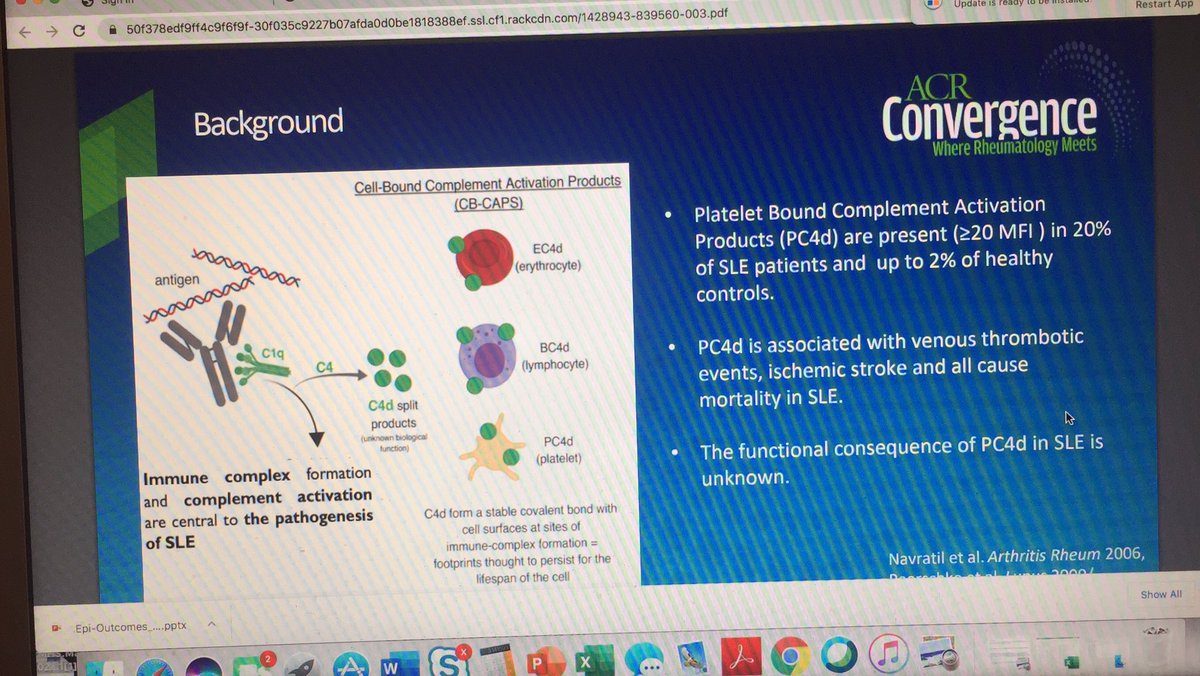
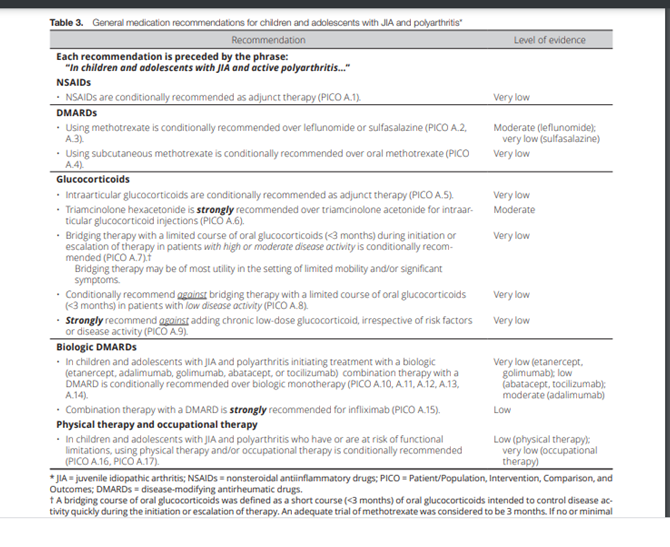
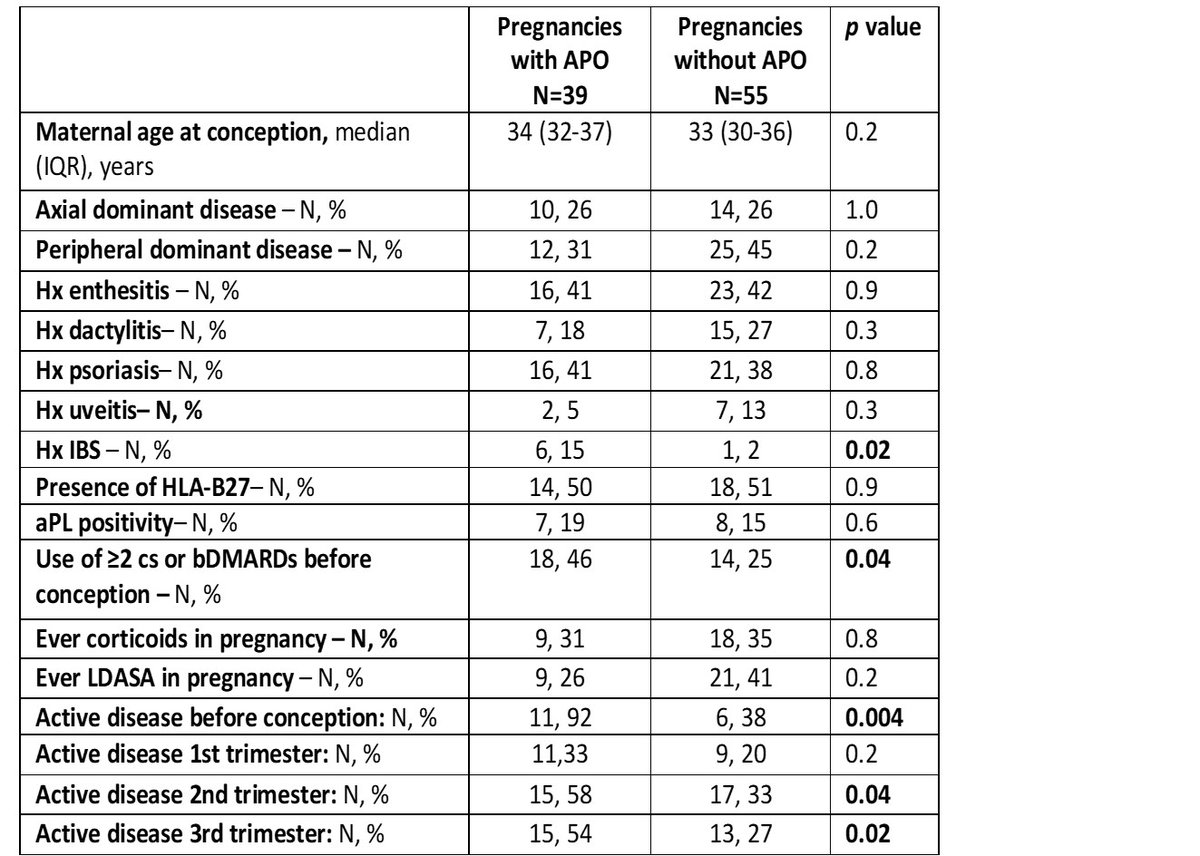
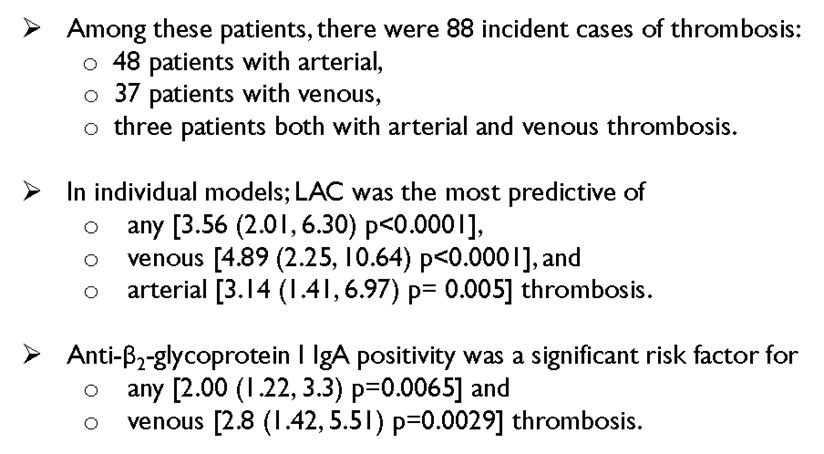

Dr. Antoni Chan synovialjoints ( View Tweet)

Meral K. El Ramahi, MD MeralElRamahiMD ( View Tweet)
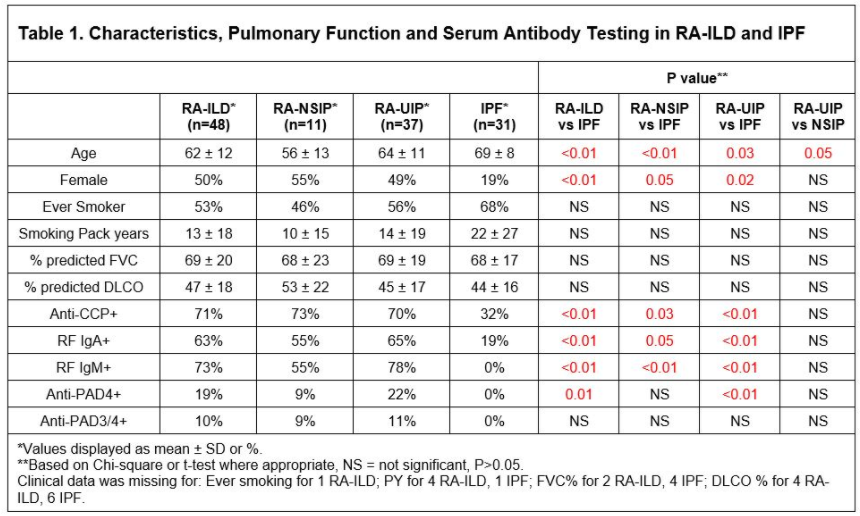
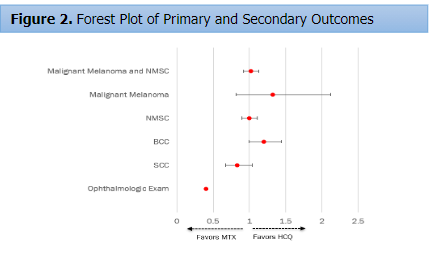
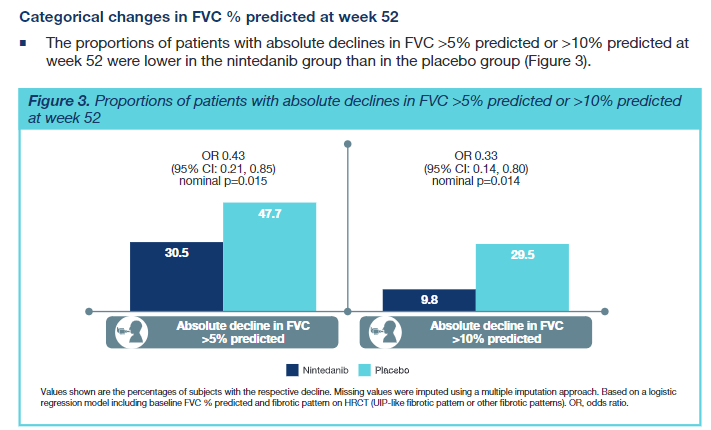

alexa meara lexmeara ( View Tweet)

Richard Conway RichardPAConway ( View Tweet)

Peter Nash drpnash ( View Tweet)

Meral K. El Ramahi, MD MeralElRamahiMD ( View Tweet)

Peter Nash drpnash ( View Tweet)

Peter Nash drpnash ( View Tweet)

Etanercept monotherapy significantly more effective than Methotrexate monotherapy in maintaining remission in RA patients on combination therapy. Data from the SEAM-RA study @RheumNow #ACR20 Abstr#0939 #ACRbest
Dr. Antoni Chan synovialjoints ( View Tweet)

Links:

After the SEAM-RA study, in patients taking MTX and ETN in sustained remission would you? #ACR20 @rheumnow
Richard Conway RichardPAConway ( View Tweet)





